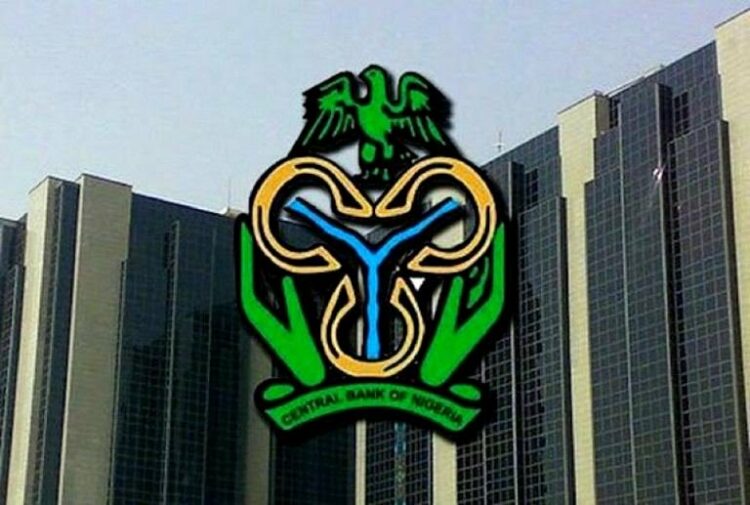A bill seeking to raise the capital base of the Central Bank of Nigeria (CBN) to N1 trillion has passed second reading at the National Assembly.
The bill also proposes a single six-year tenure of office for the CBN governor and deputy governors.
The bill, titled “Bill for an Act to Amend the Central Bank of Nigeria Act, 2007 to strengthen the Bank, and for other related matters thereto, 2024 (SB. 325),” is sponsored by Senator Adetokunbo Abiru and supported by 41 other Senators.
It seeks to amend the various facets of the existing CBN Act, 2007.
Senator Abiru, in his lead debate, underscored the bill’s potential to significantly empower the CBN in fulfilling its core mandates, marking a pivotal step towards enhancing Nigeria’s financial system integrity and stability.
“Recapitalization of the Bank; The Bank’s current authorized capital of ₦100 billion (One Hundred Billion Naira) as stated in section 4 (1) has over the years been eroded by the devaluation of the naira.
“The Bill proposes to amend this to provide that the paid-up capital of the Bank shall be 1 Trillion Naira and may be increased from time to time by such amount as the Government may approve either by way of transfers from the General Reserve Fund or by such other means as the Government, in consultation with the Board, may approve.”
Six years single tenure for CBN governor, deputies
He said the introduction of a single, non-renewable term of six years for both the governor and deputy governors, could significantly influence the bank’s governance dynamics.
“In addition, the Bill proposes that where a vacancy is created by the death or resignation of a CBN Governor or Deputy Governor, the President can appoint an acting Governor in the interim pending the appointment of a substantive Governor or Deputy Governor. Where a substantive appointment is made, such appointment will be for a fresh term rather than serving the tenure of the previous Governor or Deputy Governor,” he added.
The bill also proposed an overhaul of the country’s currency replacement process, recommending a transition period where both old and new currency notes would concurrently serve as legal tender for two years, to mitigate any potential economic disruptions, and that the CBN must retain at least 70 per cent of the new currency stock before phasing out the old notes.
On Ways and Means Advances, the bill said: “The current CBN Act, empowers the CBN to grant temporary advances to the Federal Government to finance unexpected shortfalls in budget revenue. The advance is not to exceed five per cent of the previous year’s actual revenue of the Federal Government and it is to be paid back at the end of the financial year in which it was granted.
“To firm up this provision and prevent a repeat of the recent experience in which the Bank’s Ways and Means have fuelled inflation and significantly distorted economic management, the Bill proposes the following: any such direct advance to the Government should not exceed 10% of average government actual revenues during the preceding three years. To determine the government’s actual government revenue proceeds from asset sales shall be excluded to avoid capturing revenues from exceptional items.”









